Southeast Asia is full of diverse cultures, economies, and geopolitical affairs. Recent surveys by the ISEAS-Yusof Ishak Institute have revealed shifting perspectives among Southeast Asian nations towards major global powers like the United States and China.
Studies Show Changing Views Toward Major Powers

New surveys by the ISEAS-Yusof Ishak Institute reveal shifting opinions among Southeast Asian countries regarding major global powers like China and the United States. The results highlight the evolving preferences and concerns influencing the region’s political relationships.
China Preferred Over U.S.
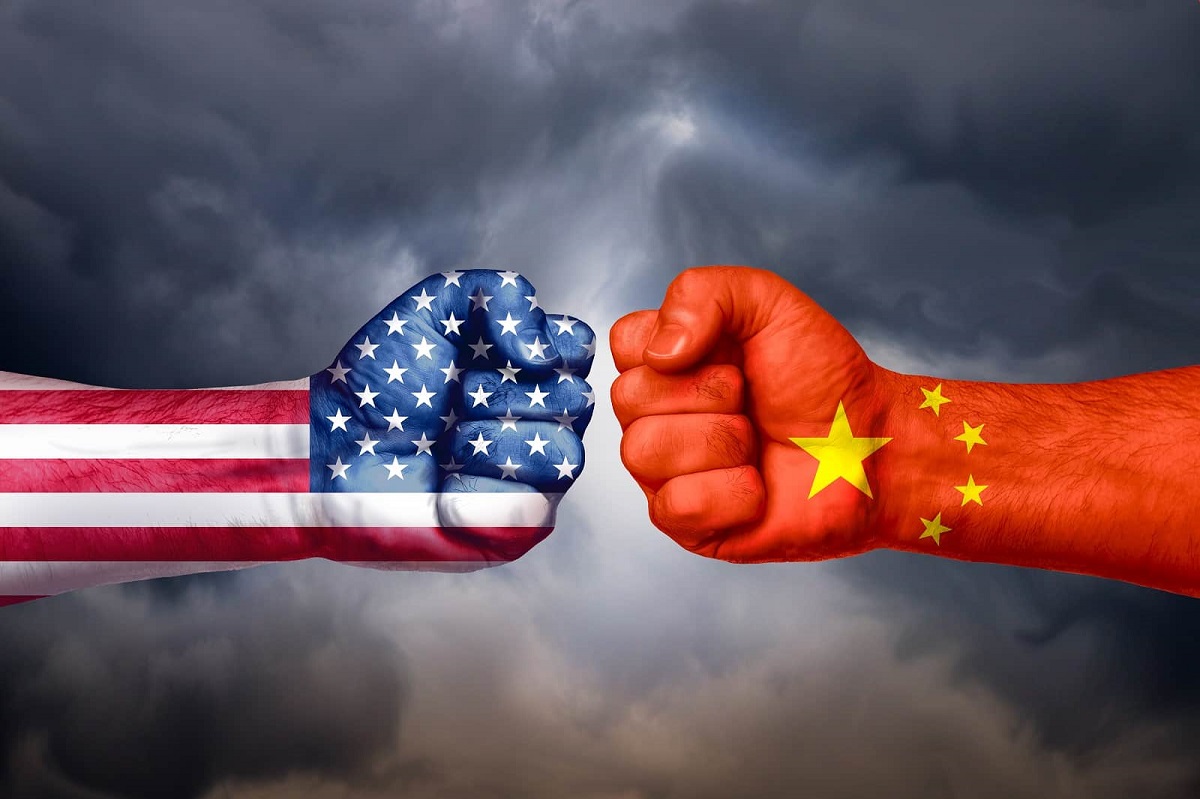
For the first time since the survey began in 2020, more than half of respondents in Southeast Asia now prefer China over the US if forced to choose between the two. This shift marks a significant change in regional sentiment.
Mixed Feelings About China
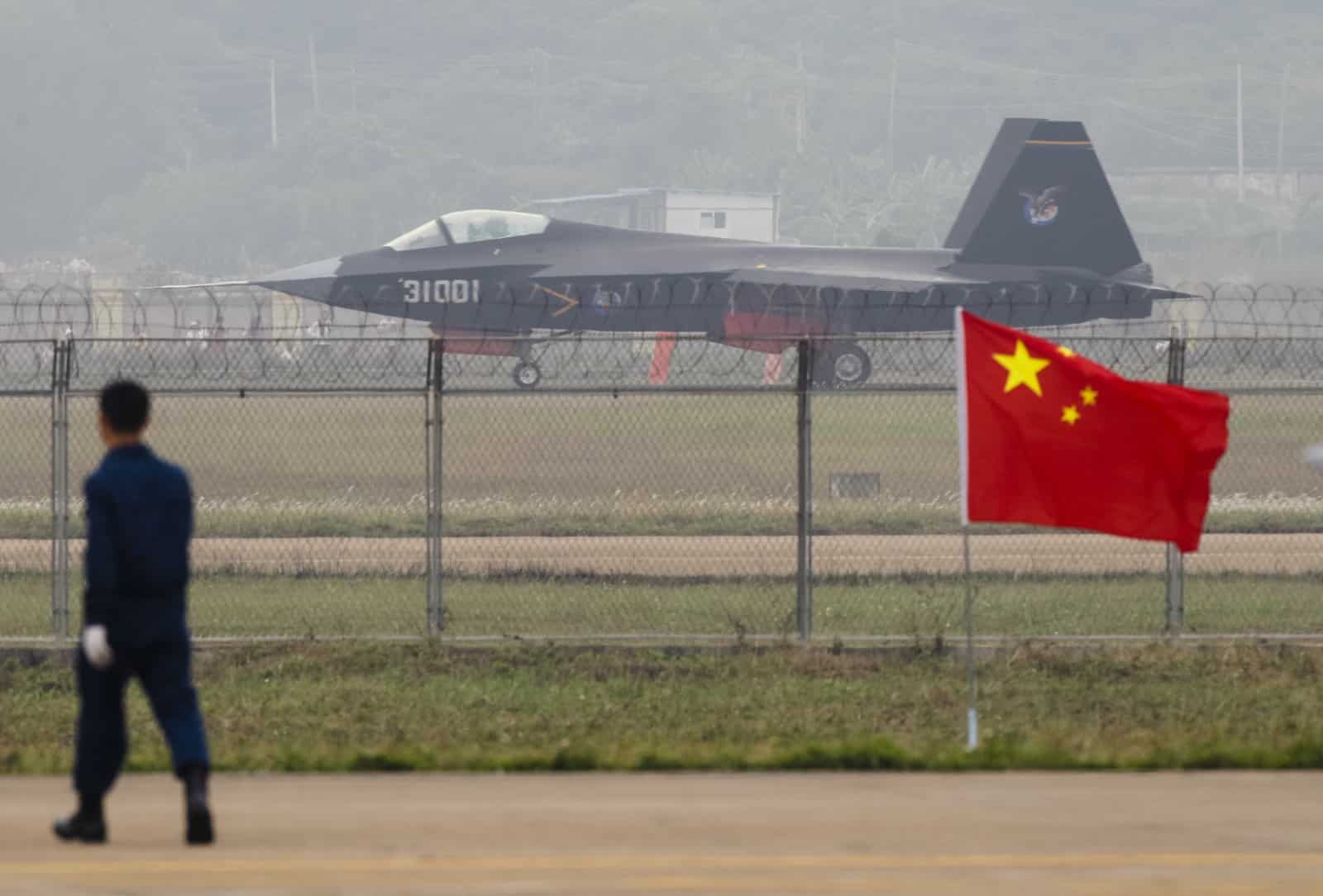
Although China’s economic influence is growing, many respondents still distrust Beijing. Worries about economic pressure tactics and potential military force highlight the complex relationship Southeast Asian nations have with China.
Regional Issues and Worries

Vietnam, Myanmar, and Thailand are among the Southeast nations with rising concerns about China’s growing power. They fear economic pressure and threats to their independence.
Japan’s Trusted Role

While China gains influence, Japan remains the most trusted significant power in Southeast Asia; this shows the region’s desire for diversified partnerships as global tensions remain.
U.S. Support in the Philippines and Vietnam

The Philippines and Vietnam strongly support the United States and are concerned about China’s actions in the South China Sea. Their support counterbalances China’s influence and protects regional security.
Economic Interconnection

Southeast Asians are deeply concerned about the prospects of recession and rising unemployment. Additionally, China’s gradual economic slowdown is intensifying these concerns, demonstrating the complex interdependencies among economies within the region.
ASEAN Call for Unity
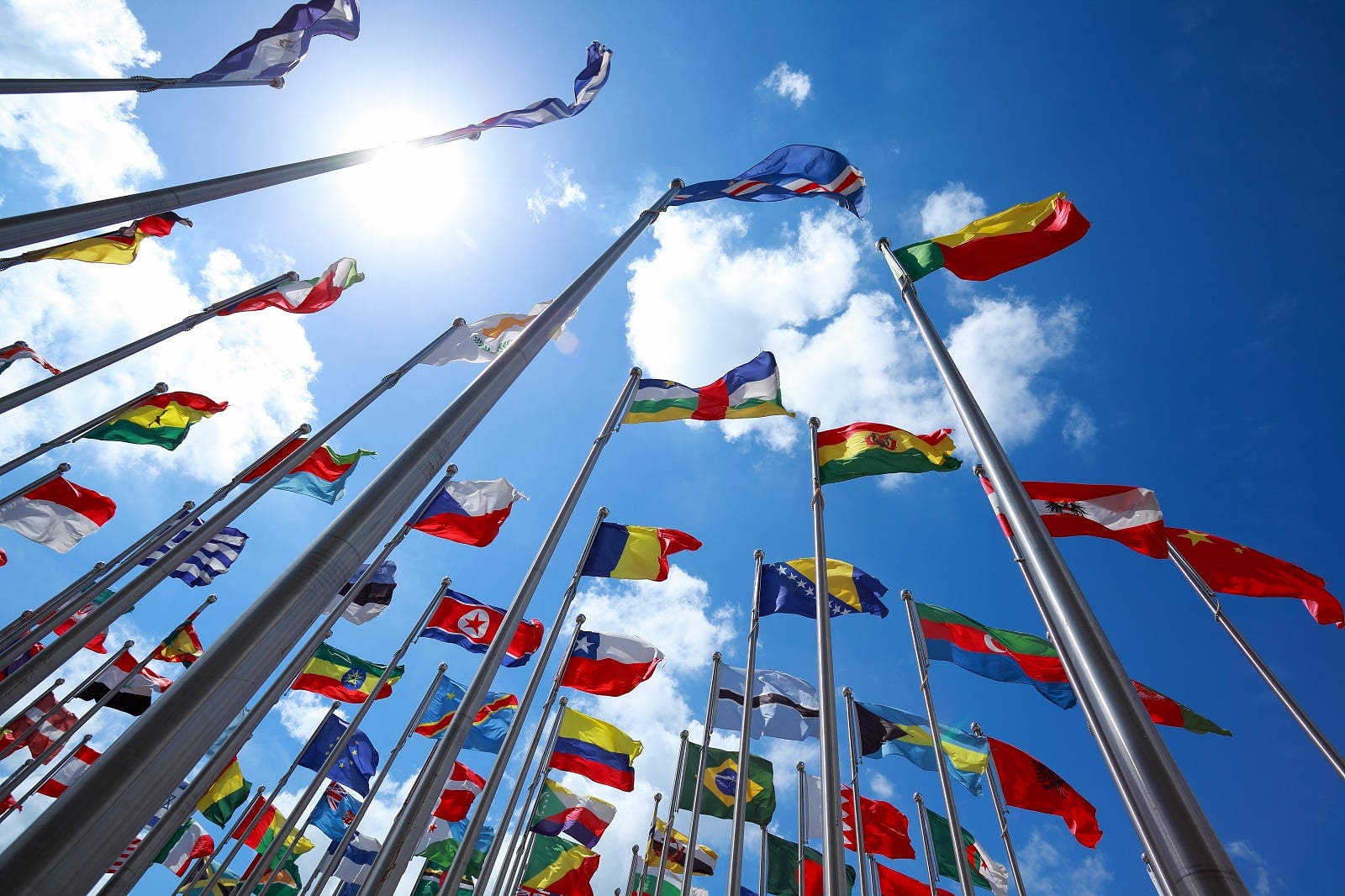
Respondents say that the Association of South East Nations (ASEAN) should unite to deal with pressure from big countries like the U.S. and China. Making the region stronger is crucial as tensions rise between significant powers.
Geopolitical Impact on Supply Chains
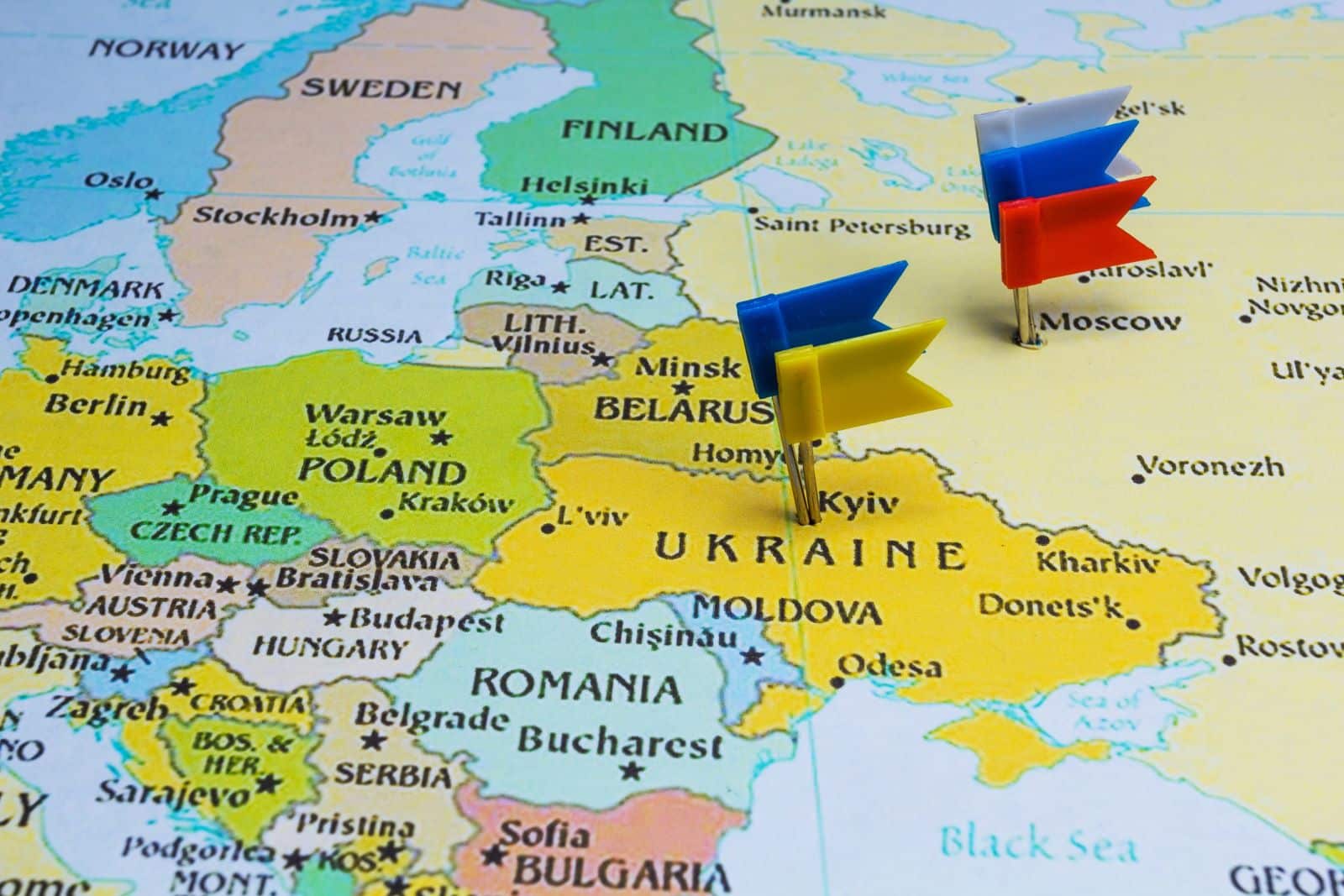
Conflicts such as those between Israel and Hamas, or Russia and Ukraine, significantly impact Southeast Asia by disrupting supply chains and escalating the costs of energy and food.
China’s Friendly Talks

In an attempt to address these regional disruptions caused by global conflicts, China is taking steps to strengthen ties within Southeast Asia. China’s leader Xi Jinping has engaged in discussions with Indonesia’s new leader, demonstrating a commitment to enhance regional cooperation. These diplomatic efforts are designed to foster closer partnerships and bolster China’s influence in the area.
ASEAN’s Growing Trade with China
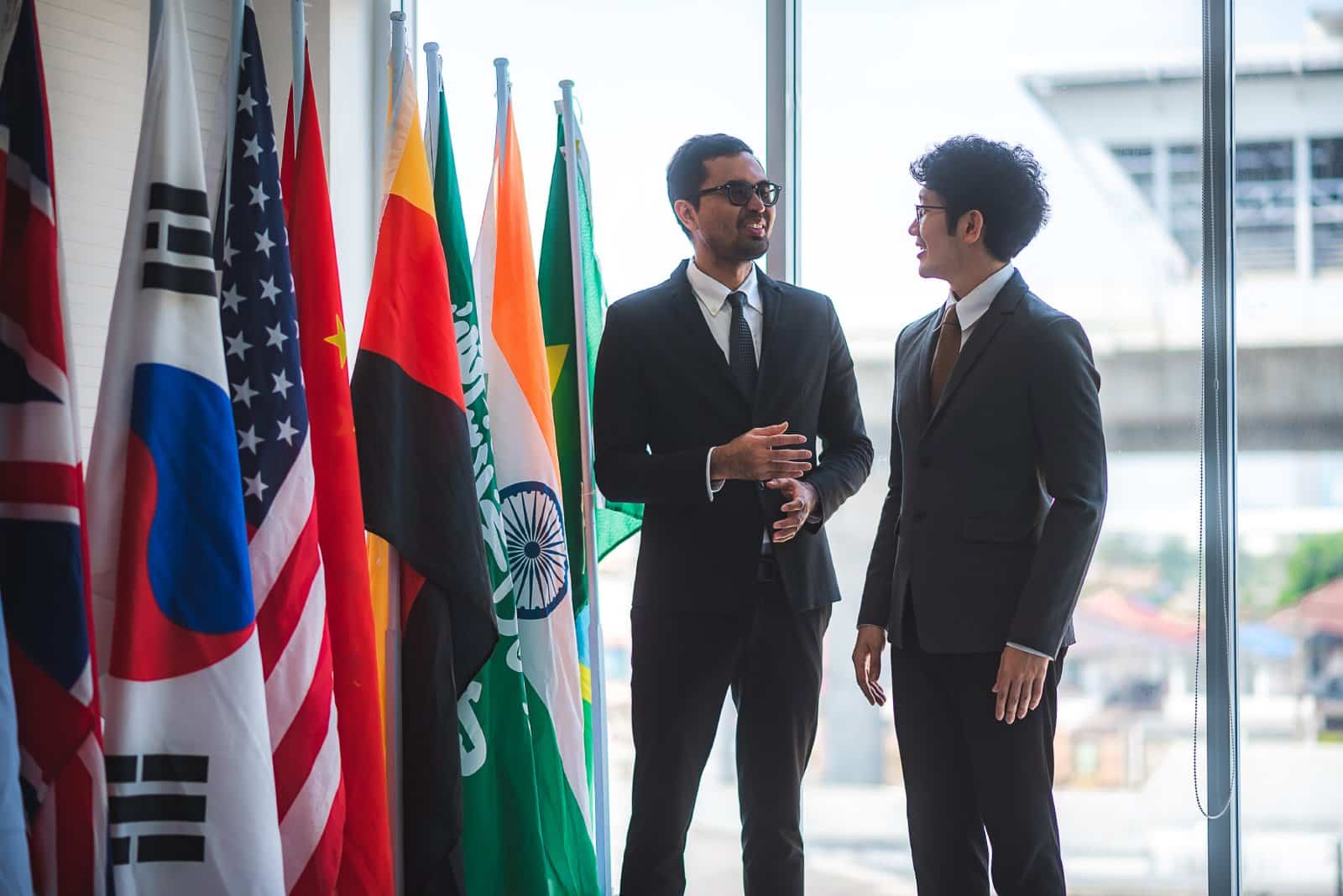
For the fourth consecutive year, China has maintained its position as ASEAN’s largest trading partner, with trade volumes reaching new and significant milestones. This robust economic interdependence continues to influence the regional balance of power significantly.
Southeast Asia’s Complicated Ties with China

Countries in Southeast Asia have a complex relationship with China; seeking to engage in business, as concerns about security and sovereignty persist. Cultivating diverse international partnerships is crucial for mitigating risks amongst global political changes.
Central Powers and Their Roles

Southeast Asians regard Japan, the United States, and the European Union as reliable regional powers, underscoring the region’s readiness to collaborate with diverse partners to manage the uncertainties of global politics effectively.
Economic Worries Amidst Global Uncertainty

Southeast Asians have deep concerns about unemployment and the potential for an economic recession. This is only exacerbated by global uncertainties and China’s slowing economy.
Impact of Israel-Hamas Conflict in Southeast Asia

Following on from the broader regional anxieties, the conflict between Israel and Hamas has a notable impact on Southeast Asia. This situation amplifies local concerns about religious extremism and violations of international laws.
Regional Responses to Geopolitical Challenges

Southeast Asian nations employ diverse strategies to address geopolitical challenges. They frequently engage in diplomatic negotiations and launch regional initiatives to adeptly manage complex situations and foster stability across the region.
Environmental Concerns and Sustainability

Environmental sustainability is a critical concern for Southeast Asian nations. There is a strong push for enhanced environmental stewardship and the promotion of sustainable development practices throughout the region.
Technological Innovation and Digital Transformation

Southeast Asia is embracing technological innovation and digital transformation to drive economic growth and social development in the region. Areas like fintech and e-commerce are rapidly advancing, creating new opportunities and challenges in the digital era.
Southeast Asia’s Economic Integration

Despite facing complex global challenges, Southeast Asia continues to advance towards economic unity. Strengthening economic cooperation remains vital for the region’s ongoing success and development.
Regional Perspectives on Global Dynamics

Building on the theme of regional collaboration, Southeast Asia is confronting economic challenges and geopolitical tensions by forging diverse partnerships and strengthening diplomatic ties. These strategic relationships are essential for maintaining peace and fostering growth throughout the region.
The post – Southeast Asia Now Prefers China Over U.S. According to New Survey – first appeared on Wealthy Living.
Featured Image Credit: Shutterstock / William Barton.
The content of this article is for informational purposes only and does not constitute or replace professional financial advice.





